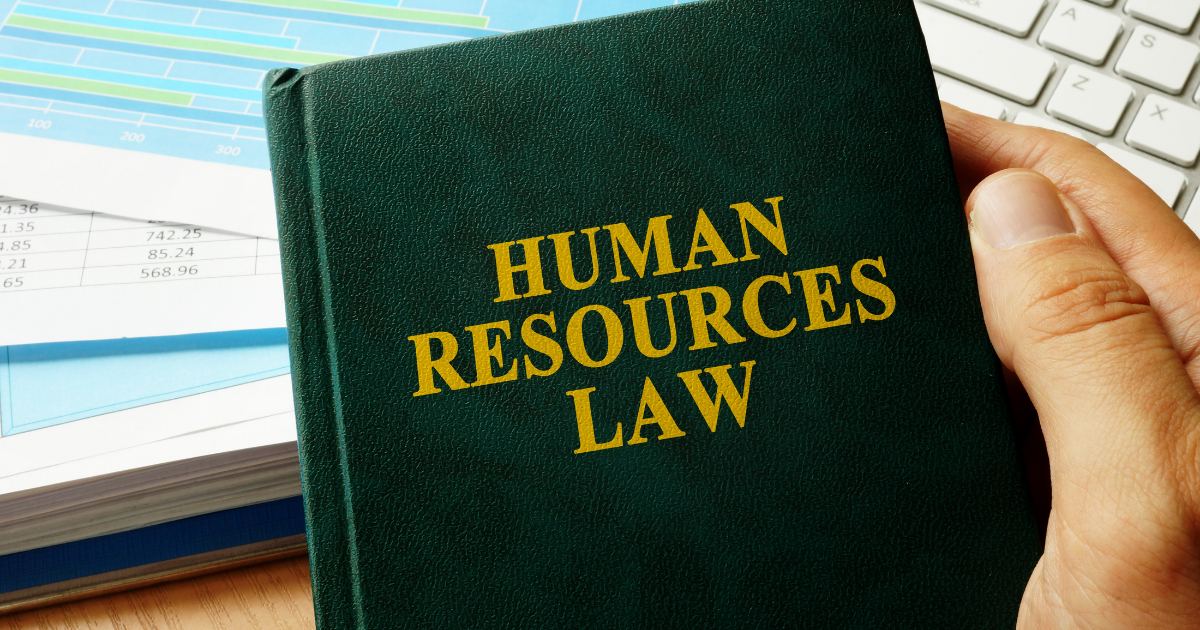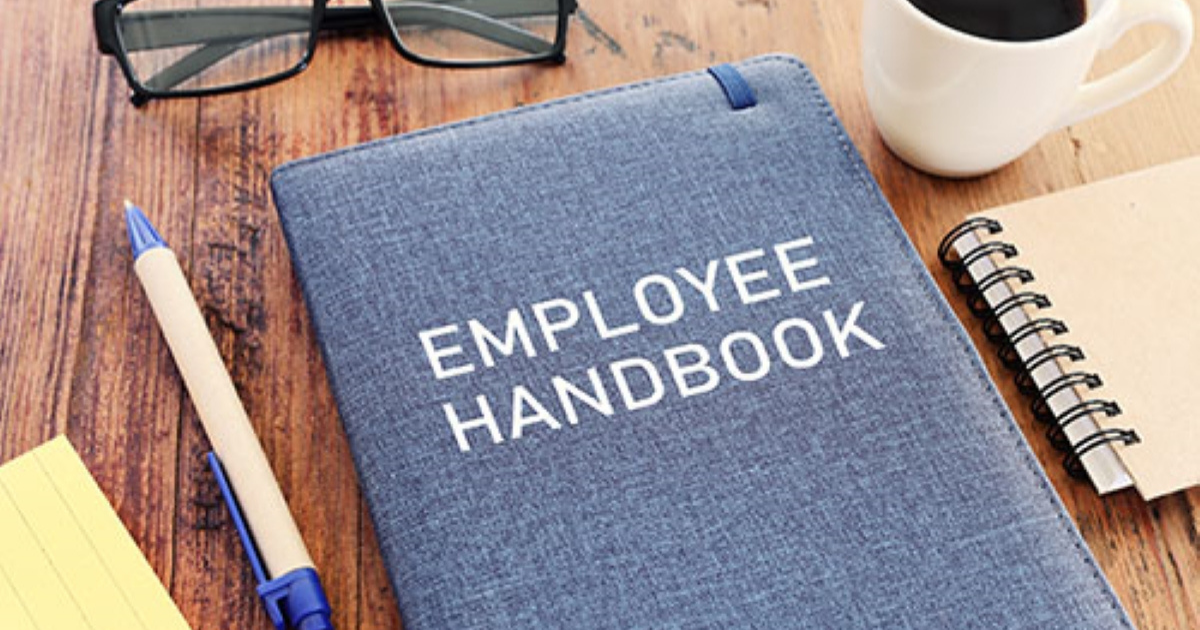The first thing employers need to know about HR laws in California is that they change a lot. You should probably never assume that you know what the law says at any given time because it may have changed while you were going about your business, running your business.
The next thing you should know about Human Resources or Labor Laws in California is that there can be significant fines and penalties associated if you don’t follow them.
It’s not possible to summarize all current laws in this post, but below we provide some general guidelines to help you stay compliant (and OUT of court). Some exceptions do apply, and there may also be options and a risk analysis in certain industries for how to comply. You should always make sure to work with a qualified HR consultant or California employment law attorney to be sure you are applying these general guidelines correctly for your business.
Wage and Hour
California employers must pay their employees the current mandated California minimum wage. This is not the same as the federal minimum wage, which is much lower.
Employers also must pay overtime when an employee works more than 8 hours in a single day or 40 hours in a week (for some occupations, these numbers may vary).
Employees must receive a 10-minute break (paid) for every 4 hours of work, and they must get at least a 30-minute meal break after no more than 5 hours of work.
Employers must also maintain regular paydays and provide a wage statement or pay stub documenting information like pay period dates, hours worked, gross wages earned, deductions, net wages, etc.
You can learn more about paydays, pay periods, final wages, and what is required to be included on an employee’s pay stub from the California Department of Industrial Relations Labor Commissioner’s Office here.
Health and Safety
California employers are required to have Workers’ Compensation insurance to pay for medical care in the event of work-related injuries and illnesses.
You are required to have a written Injury Illness Prevention Program – and in 2023 it must incorporate COVID-19 prevention regulations issued by CalOSHA under the new non-emergency temporary standard. You may also be required to keep a written log of injuries and illnesses that occur in the workplace.
You must maintain a safe workplace, including providing and paying for personal protective equipment employees need to do their jobs safely.
And you must prominently post the required Cal/OSHA poster to inform your employees of their rights and responsibilities.
You can learn more about employer responsibilities regarding health and safety from Cal/OSHA here.
Additional HR Laws California Employers Need to Know About
Additionally, there are rules and laws pertaining to the following:
- Hiring and firing employees
- Sick and medical leave
- Americans With Disabilities Act compliance
- Employee handbooks and workplace policies
- Drug and alcohol testing
- Employee classifications
- Sexual harassment prevention
- Discrimination and retaliation
- COVID-19
It’s easy for California employers to become overwhelmed by all the HR laws they’re expected to comply with.
And that’s why so many are relying on HR consultants who are lawyers for help.
With HR consultants like the team at Emerzian Shankar Legal Inc. on your side, you can get back to what you enjoy — running your business. You can trust us to keep you up to date on all the legal compliance issues you need to be aware of to help you mitigate your risk.
To get started, request your free consultation here.





